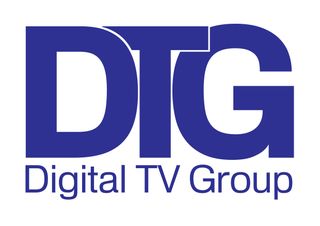Digital TV Group criticises Ofcom HDTV plans
Consortium says plans could jeopardise future of Freeview

The Digital TV Group (DTG) has published its response to Ofcom’s plans for the implementation of HDTV services on Freeview. And while the group broadly welcomes Ofcom’s acceptance that HDTV services should be made available on Freeview, it disagrees with Ofcom’s specific plans to deliver HD content.
"Regrettably, we do not consider that [Ofcom’s plans] will lead to a successful long-term free-to-air HD platform in the UK," said the DTG, summing up its position.
Last November, Ofcom unveiled plans to reorganise Multiplex B by shifting a number of its TV and radio incumbents to other mutiplexes. Under Ofcom’s plans, Multiplex B would then be upgraded to allow it to employ new transmission and compression standards - DVB-T2 and MPEG4 respectively. However, the DTG believes that Ofcom’s plans place too much faith in these, as yet unproven, fledgling technologies.
Commitments needed
Furthermore, The DTG is worried that the requirement to purchase additional equipment in order to receive DVB-T2/MPEG-4 transmissions could lead to a two-tier DTT service, hampering the long-term viability of the Freeview platform. The DTG also has concerns that Ofcom’s proposals could affect the quality of standard-definition broadcasts.
The DTG has instead called for a “national HD strategy encompassing all TV platforms: cable, IPTV, satellite and terrestrial.” The group also calls for “commitments” from both the Government and Ofcom to provide a HD simulcast of the five main public service channels, even if it requires the allocation of additional spectrum.
The Digital TV Group is the main industry body representing the interests of public and commercial broadcasters, consumer electronic manufacturers and satellite/IPTV delivery services. Sample members include the BBC, Sky, Microsoft, Sony, LG, Pace and Freesat.
Get daily insight, inspiration and deals in your inbox
Get the hottest deals available in your inbox plus news, reviews, opinion, analysis and more from the TechRadar team.
Most Popular


